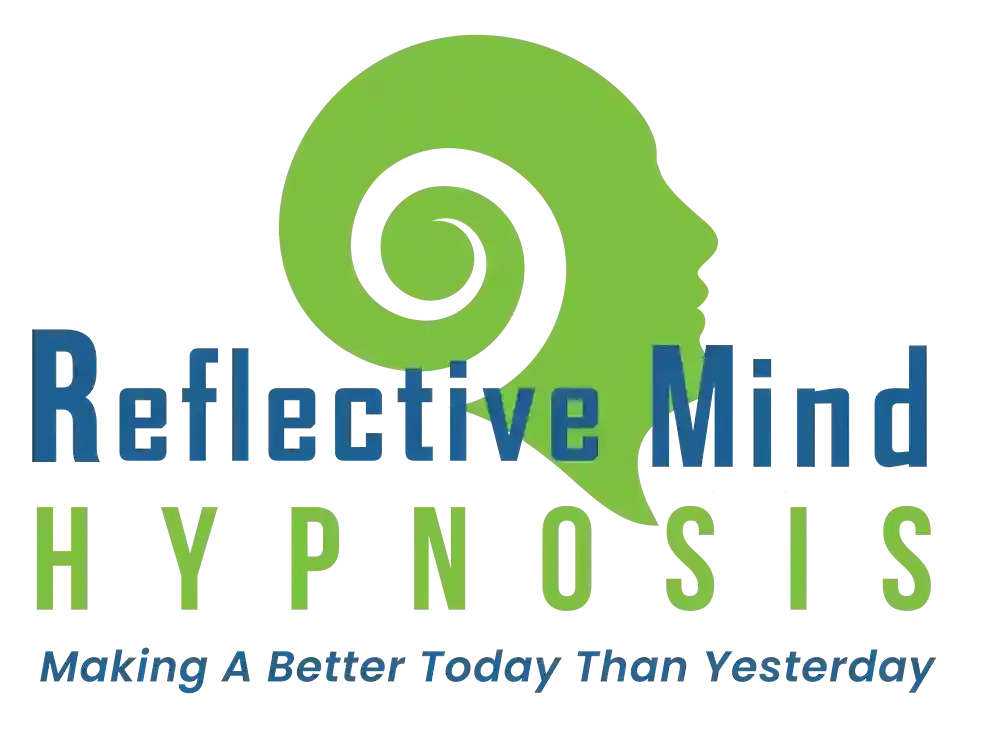
Rules – You Live By Them Whether You Like It Or Not
Rules! Rules! Rules! Rules are everywhere. You may not like them but rules are an absolute must. But what exactly are rules and why do you have them?
Introduction:
Rules can be defined as prescribed guides for conduct or action, instructions that tell you what you are allowed to do and what you are not allowed to do, or statements telling people what they should do to achieve success or a benefit. These examples describe the visible and invisible rules of conduct through which societies are structured, or what sociologists call norms. Norms define how to behave by what society has defined as good, correct, and essential, and most members of society adhere to them. Formal norms are established written rules. They are behaviors worked out and agreed upon in order to suit and serve the most people.
Rules are crucial in maintaining order, safety, and fairness in various contexts, including games, organizations, legal systems, and social interactions. They provide a framework for behavior and help establish expectations for individuals and groups. The Bible has listed ten great rules to live by, they are called the "Ten Commandments".
However, external rules do not just govern our behavior; we also have "Internal rules" that influence our thoughts, actions, and interactions with others. Various factors, including our upbringing, life experiences, and social environment shape these internal rules.

The influence of internal rules
Our internal rules are often shaped by the examples we were exposed to when we were young, experiences of trauma, fear, or abuse, education, the influence of people we associate with, and our thoughts and desires. Once these rules are established, they become deeply ingrained and influence how we perceive the world and how we make decisions. However, it's important to recognize that these internal rules can sometimes work against us, leading to feelings of frustration and hindering our ability to achieve our goals.
What are your rules?
Whether you know them or not, you have rules that you already live by. And if you have these rules and live by them, you should at least know what they are, right?
It's important to reflect on your values, beliefs, and life experiences to figure out the rules you live by. Here are seven steps to help you identify your internal rules.
FYI: If I were you, I would have something to write with and write on when reading through the list below, but that's just me.
1. Self-reflect on your values, morals, and beliefs
Consider what principles are important to you and what you believe in. This can include but is not limited to honesty, kindness, perseverance, or any other values that guide your decisions and actions. If you believe in a higher power, i.e., God, reflect on how you live your life according to your spiritual belief system.
If you hold a belief but ignore it because it would prevent you from doing what you want, then you may need to let that belief go. This can cause massive conflict within your subconscious mind, affecting your life. You may want to consider that you hold this belief because you want others to live by it, but it does not apply to you.
A good example is this. Would you be upset if you were a thief who steals from others and then a person steals from you? If so, why? Can you see where internal conflict would arise?
2. Analyze your experiences
Self-reflect on past experiences and consider the lessons you've learned. Identify patterns in your behavior and decisions and think about the principles that have consistently guided you. Have past experiences created some unwanted rules that are guiding you?
Sometimes what we experience creates a rule of "protectionism". We protect ourselves to hopefully prevent many things from happening to us. However, this rarely works because nothing happens in a vacuum. What issues does protecting yourself cause? Many time, when we try to protect ourselves from whatever, we give ourselves permission to act, react, speak, think, do without regard to others and thus creating conflict in ways we do not see or understand. We want others to understand, but we refuse to understand the effects on others. And round and round we go.
3. Consider your goals and aspirations
Think about your long-term goals and aspirations. What principles do you believe are essential for achieving these goals and living a fulfilling life? What is it that keeps popping up preventing you from achieving your goals? Is it being lazy, uncommitted or you simply do not possess the skill set to achieve what it is you want?
4. Seek inspiration from others
Find inspiration from people you admire or respect. Consider the principles they live by and how they align with your values. When I was growing up, my Granny always said, "If you want to get a cold, hang out with people who have a cold, and you will get a cold. If you want to get in trouble, hang out with people who are troublemakers and get in trouble.". Who you associate with is probably the most important thing you can do to move forward in life.
If you have this idea you grew up with a person who is a best friend and you will always be best friends, I would challenge you to look at the relationship and how it impacts your life. Surround yourself with people who cheer for you, celebrate your successes, challenge you and tell you what you do not want to hear.
5. Write down your rules
You should already have a sizable list written down on your paper. If by change you did not take my advice and have a writing utensil and paper to write on, go back and do it now. If you don't then at least you know one of your rules going forward.
Once you've identified the principles that guide your life, AND written them down, these can help you clarify your thoughts and provide a reference for making new rules thus impacting your decisions in the future.
6. Leave the past in the past
We all have a past, and that past is hopefully something we learned from. If so, then realize it and move on. Do not keep dragging it up over and over. God, in his infinite wisdom, put our eyes in front of our heads and not the back for a reason. That reason is to look forward, not back. The past is recorded and written in our very own stone tablet of history; there is nothing you can do to change it.
If there is one thing I can point to in working with clients, it is their desire to hang on to the past, relive it, and use it as a weapon against themselves and those around them. Hanging on to the past fuels anger, resentment, betrayal, jealousy, hurt, and so many other things.
7. The rules are the rules, stop looking for loopholes
There are times we all do not like what we hear or the rules we must abide by. There are some people who are always looking for ways to break the rules and not have consequences for doing so. There is a price to pay for success and failure; if you do not, you will, by default, pay it for failure, and usually in spades.
Many times a person can spend so much time trying to figure out how not to do something or how to do the least that they would waste less time just doing what needed to be done to start with.
Commit to yourself that you are just going to do whatever you need and should do. Be the person who lives by "Do it now; do not wait!"
Remember, internal rules are unique to each individual and can evolve based on new experiences and insights. Get in the habit of self-reflecting on yourself, not others but yourself. When you point a finger at someone else, you will always have three pointing back at you. This is about you, not anyone else.
It's important to note that internal rules are profoundly personal and you may not want to share them with others. When you share things like this, people will always have opinions about why you should not think a certain way or do certain things you have decided to do. But opinions are like … well, you get the point. However, if you are speaking with a person you consider a mentor, that is different because you are looking for feedback.
Ultimately, your rules should reflect your authentic self and guide you toward a life that aligns with your values and aspirations. Your rules should promote you to be a better person and live the life you want for yourself and if applicable, the life you want for your family.
The impact of hypocrisy and our internal rules
Many individuals exhibit hypocritical behavior, adhering to the principle of "rules for thee but not for me." This inconsistency can be attributed to the clash between external and internal rules, leading to internal conflict and hindering personal growth and success. If you've ever wondered why you can't succeed or why certain patterns keep repeating in your life, your internal preprogrammed rules are likely at play.
Changing internal rules
Changing internal rules is essential for achieving different outcomes and overcoming self-imposed limitations. While some may attempt to use willpower to eliminate old rules and establish new ones, this approach often proves challenging due to the significant conscious effort required. Many individuals may experience emotional shutdown when relying solely on willpower, as the subconscious mind resists change to protect the individual.
The role hypnosis can have in changing your internal rules
An alternative and much more efficient approach to changing preprogrammed internal rules is through the use of hypnosis. In just a few sessions, hypnosis can facilitate the elimination of old rules and the establishment of new ones that align with an individual's goals and aspirations. Hypnosis can help bypass the resistance often encountered when relying solely on willpower, allowing for a more seamless and effective transformation of a person's internal rules.
Conclusion
In conclusion, external and internal rules significantly influence our behavior, decisions, and overall well-being. While external rules provide structure and expectations in various contexts, it's crucial to recognize the impact of internal rules, which are shaped by many factors and can either support or hinder personal growth and success. Understanding the influence of internal rules and exploring effective methods, such as hypnosis, for changing them can empower individuals to align their internal rules with their aspirations and lead more fulfilling lives.


